-
Posts
384 -
Joined
-
Last visited
Content Type
Events
Forums
Downloads
Quizzes
Gallery
Blogs
Posts posted by WormFarmer
-
-
I have a Rover with blades like that. You can get them from Lucky Star in Bangkok, I got some only a month ago. Email to [email protected].
-
Cracked it! I screwed a 3 inch long No. 10 wood-screw up into the closed end of the drain lateral (it's only plastic). That gave me something to then lever out using a claw hammer. No real damage to the drain lateral, just a small hole in the end. All the sand is out now.
Thanks for all the ideas.
-
15 hours ago, sappersrest said:
remove the multiport valve, disconnect the header pipe usually a push fit with a self tapping screw , then fish the sand out wit a large soup ladleo r such like.
Hello sapper, I had already tried that but the space between the vertical pipe in the tank and the edge of the hole is only 5cm. Using a ladle I can just about scrape the top of the sand but the gap is too small to allow me to reach down any further. See attached photos.
13 hours ago, BEVUP said:Not really
First of all get a poker to loosen the sand , disconnect all the top & take the valve off - loosen sand & whilst vacuming maintain the water up to make it easier to extract
They come in different watts & volume sizes
I have an Electrolux 20 ltr& I think it's 1800 wt
Does a fine job on the fish pond as i can see the mud & tiny snail shells
Also no problem with my little wading pool (my filter pump takes out to much water )
Going to shop around locally to see if I can find such a wet and dry vacuum.
-
2 hours ago, grollies said:
Go with @BEVUP idea. BTW, nice website.
Thanks
-
18 hours ago, grollies said:
Have you tried dislodging it by tapping it gently upwards first?
I was beginning to consider something even more drastic, like using a steel rod to hammer it up inside the tank and retrieving it later once all the sand is out, then buying a replacement drain lateral - but I am hoping not to have to do that.
12 hours ago, BEVUP said:Or you could buy a wet & dry Vac for maybe 3000 bht also do any other chores with it IE : clean fish ponds
That is certainly one good idea, then pushing out the lateral from inside to let me flush out the last of the sand. It would also save a lot of mess caused by flushing 270kg sand out onto the floor of my pump room.
-
Grollies, No, that doesn't work. There is what they call a drain lateral inside the drain valve that stops sand running out if you only want to drain water. To flush out the sand it is necessary to remove the lateral from inside the drain, as shown on the data sheet I attached to my original post. I cannot get this drain lateral out.
-
I have a Sta-Rite Cristal-Flo High Rate Sand Filter which has been in use for 7 years, so it is time to remove the sand and replace with sand or Zelbrite (decision not made yet). The filter manual tells me to remove sand from the filter through the drain at the bottom of the tank. The hole at the top of the tank with the control valve removed is really too small to use to scoop out the sand. The manual, see attached copy of relevant section, explains that there is a slotted lateral tube inside the drain valve that needs to be removed to enable the sand to be flushed out. Now here's the problem - I am totally unable to remove this slotted lateral tube and the manual gives no hint as to how it can be removed. Has anyone else had this problem who can tell me how to extract this slotted lateral from inside the drain?
-
I am deeply sorry to read the news about Russell, he was a great guy and on the occasions that I met him at several Isaan Farmers Meetings we had fun. A great loss to us all. RIP Russell.
-
-
There's an Indian Restaurant in Mahasarakham. I haven't been there but have heard good reports. It's called Namaste and they have a website so just Google it.
-
"sanctimonious claptrap"? Really? A little harsh for some speculation. Because that's all it is.

Relax and have another beer.

Saying the driver lied, that he was a cowboy and that his lights were off doesn't sound like speculation to me.
-
It was very dark, my lights not work, I was sleepy, excuses excuses, never the bloody truth. people die and still they lie.
Same shit different day, RIP, Cowboy Bus driver should have stayed on his Horse




FYI , Lights are switched off , Lights are not cost effective , load on alternator , increases fuel consumpition .
Thai logic , or lack off . LOS, Nothing changes , with time.

I assume you were all present at the scene of the accident and are speaking from a position of knowledge. If not, what gives you the right to spout this sanctimonious claptrap, casting aspersions and making unfounded accusations about a situation of which you know sod all. I get really p1ssed off reading these meaningless self righteous posts.
-
KKVS is expensive, they talk the talk but fail to deliver a higher standard to justify the extra expense? Check their Cambridge results on the Cambridge website. Ok for younger kids but the older ones tend to be those who can't get into the good local government schools
Not entirely true, our daughter passed the test for the EP divisions of the best local schools, but on research we decided that KKVS offered better education than the government schools.
-
Our daughter aged 15 has just started at KKVS for senior school, ie. M4 onwards. She boards in the school boarding house, comes home for weekends. We live in Roi Et so too far to be a day-girl. She is already fluent in both English and Thai so has no problem with the bilingual bit. Her comment on the teaching is that it seems very good and that because the classes are small it is much easier to learn. Maybe a bit early to comment in detail, but so far all seems pretty good, I was impressed by the quality of the teachers I met when we visited the school.
-
Hello WormFarmer
Many thanks for your prompt reply and the info.
.................
Would be grateful if you could let me know should any more "meetings" be arranged.
Thanks again.
Will do Speedo, but don't hold your breath.
-
Hello ?
I am contacting you about the Isaan Farmers Group.
I am fairly new to thaivisa but not to Thailand.
I have been in farming since 1960 working in many different countries.
Currently retired but still miss farming.
Read you had a Meeting in September last year, do you have one every year ?
I live in Banphai, south of Khon Kaen but have no transport of my own.
Do you know of anyone in the IFG who lives in my area ?
Regards
Speedo1968
Hello Speedo,
The Isaan Farmers are not so much a formal group, more a loose gathering of farangs in Isaan who have connections, some quite tenuous, with agricultue. None that I know of are professional farmers, most are retired farangs who's wives do some sort of farming. There are some who work hard at it, others who are fairly casual about it. "Farmers" interests range from hydroponics, rubber, butterflies, worms, pigs, rice, cattle, fruit, cassava, mushrooms etc.
A gathering of such like minded guys was first proposed a few years ago with the idea of exchanging ideas, we met at one guys house, had a look at what he was doing then sat around and chatted and drank. Had a BBQ lunch and al-fresco supper and, since most had traveled a distance, stayed overnight in a local "resort".
Subsequent meetings have been hosted at various peoples' homes in different parts of Isaan, generally following the same pattern:- meet Saturday in time for lunch, afternoon look around hosts "farm", sit around, chat, dinner in evening, stay overnight, maybe meet for breakfast on Sunday, then off home.
There is no fixed interval for meetings, it largely depends on when some kind person volunteers to host a meeting and post a notice on ThaiVisa. Recently none have come forward.
Offhand I can't think of any regular attendees who live near Ban Phai but you never know, someone may see this and step up.
Maybe with a bit of luck somebody might even volunteer to host another meeting.
-
This is how you do it.
That's really skilled - any suggestions about where in LOS I could find someone with that skill, not to mention with a chain saw that size.
-
So the whole tree was rotten and collapsed from the base anyway.

Think it's lucky you didn't try the kite or drone way as it could have turned out badly.

Not the whole tree, only the bottom part was rotten. Where we were cutting higher up the wood was sound. But I always was worried about he bottom and the risk of it falling,hence the pruning which turned into wholesale removal.
-
Congratulations. Just curious. Did you try a kite, or a balloon before?

No. I never got around to it. The wind was never in the right direction and I didn't really have time to faff around with a kite. The crane seemed the safest bet.
Actually I didn't show everything on the photos above. After the first cut we did another cut, but the trunk was wider lower down and the chain saw only the legal 12" so the guy in the skip couldn't cut all the way through. When we tried to break it using a bit of sideways pull from the crane the tree trunk near to the bottom broke. It was clearly rotten, which is why I wanted to reduce the height anyway to obviate any damage if/when it fell over of it's own accord.
These photos show stage two.
This shows the bit of rotten trunk still standing
and this shows the bottom end of the fallen trunk
-
Total cost, for labour and hire of crane 10,000 Baht.
-
-
This is a copy of my records for the last two years:
It shows monthly power consumption against the left hand axis, and the unit rates against the right hand axis. Note that in November the variable basic rate went up at the same time as the fuel surcharge went down so that the net total unit rate remained more or less the same. Let us hope the fuel surcharge rate doesn't go up again soon.
-
Bottom line is that the changes are just accounting, and people are paying the same now as they were before the changes.
Sophon
Not really true. They have taken advantage of the global reduction in fuel costs to mask an increase in the various unit rates. Since oil costs have gone down dramatically we should be seeing a sharp decrease in our bills. In fact we are not because they are not passing on that saving to us consumers because they have negated the savings with unit rate increases.
-
You been drinking too much??
Just checked our electric bills for last 3 months, no change.
Nope. Looks like most folk's charges have gone up but masked by a reduction in the fuel surcharge, sure your's haven't? - maybe you are the one who has been drinking and didn't notice the change.




.thumb.jpg.b681b35da59b73a3a65b2116d04c2b7c.jpg)
.thumb.jpg.709cae01f80a7c7c4b9b6705c361c790.jpg)
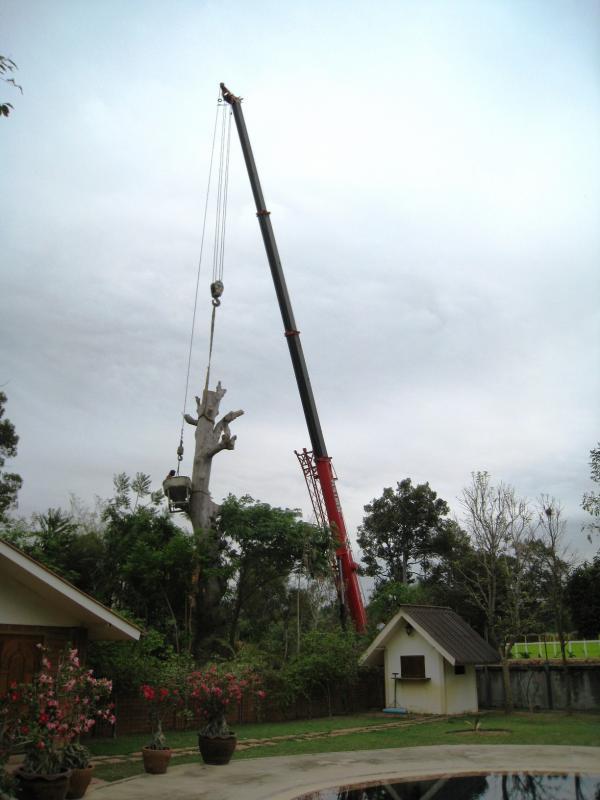
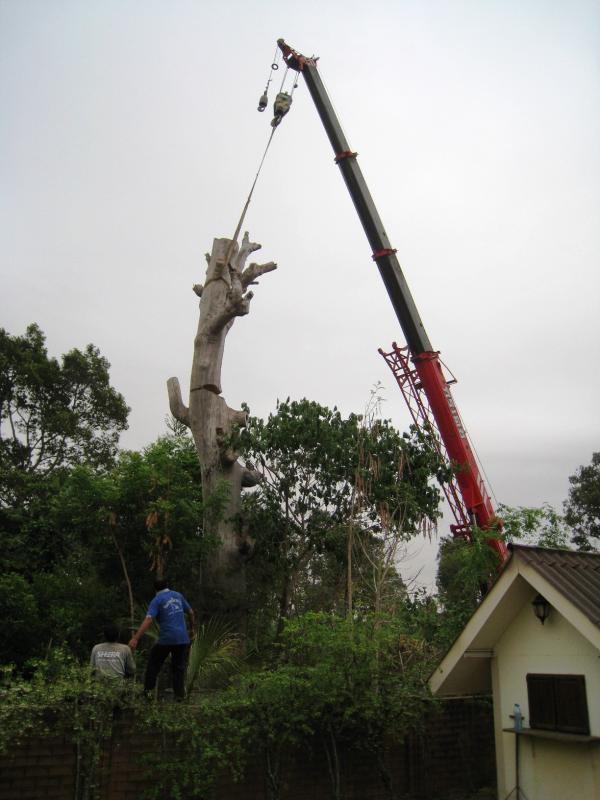
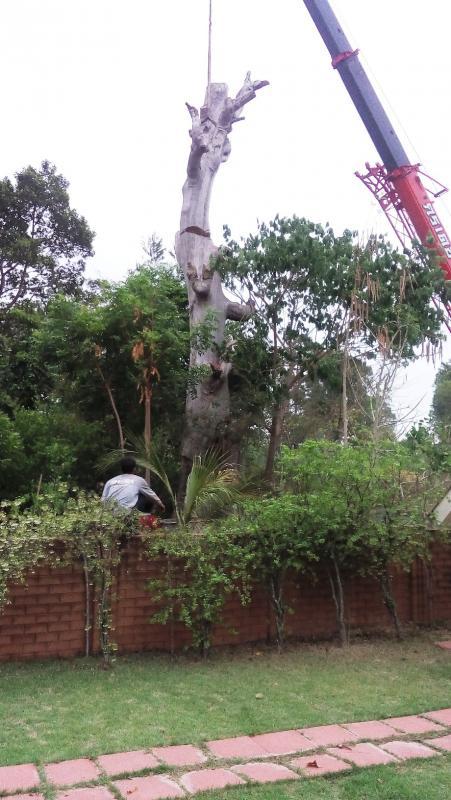
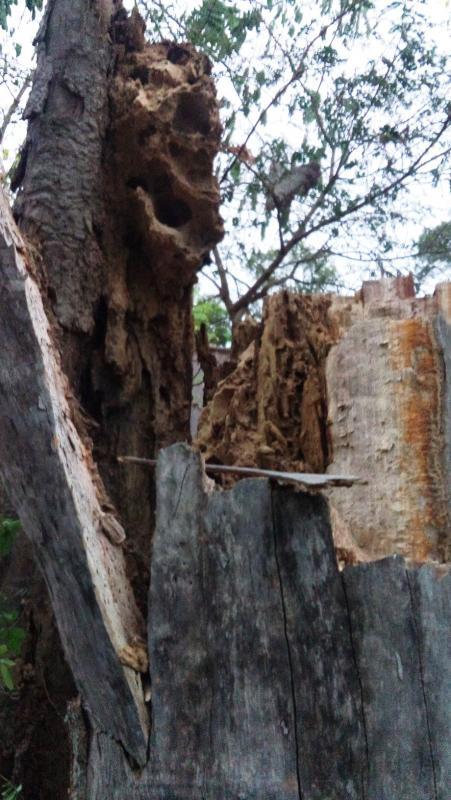
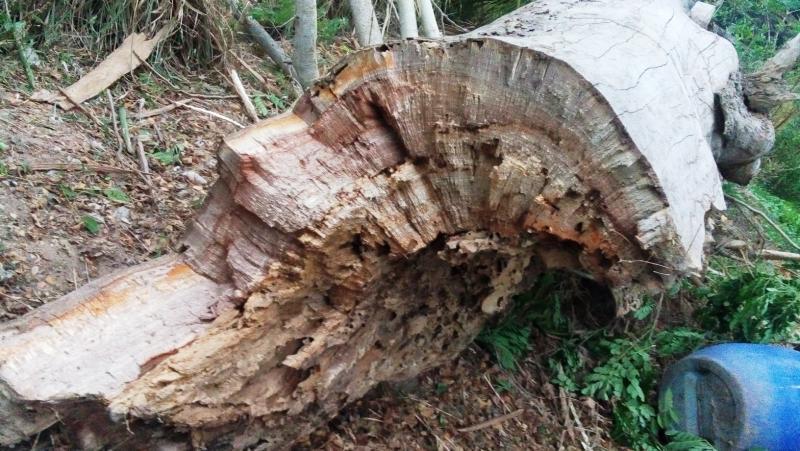
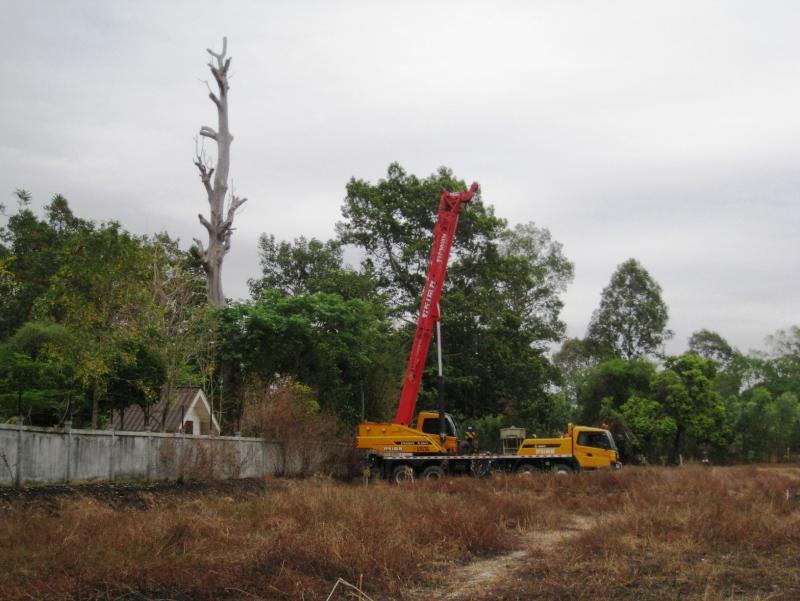
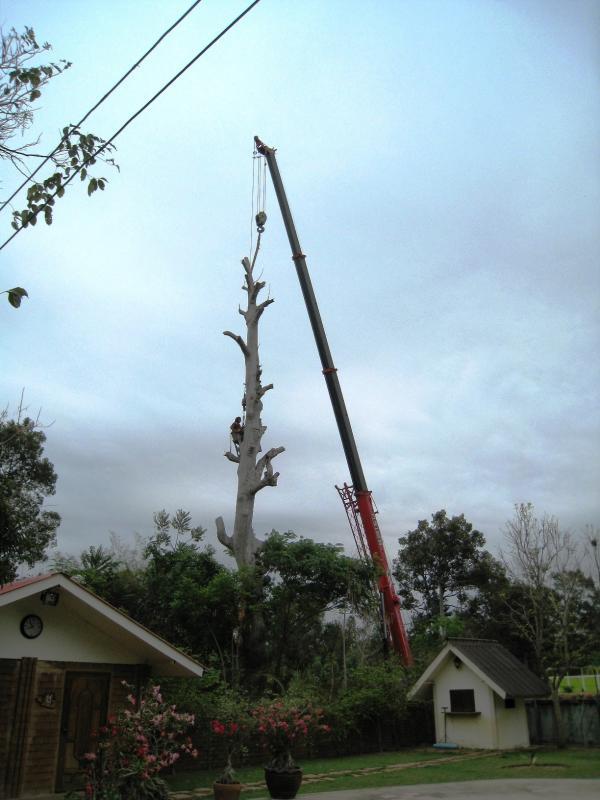
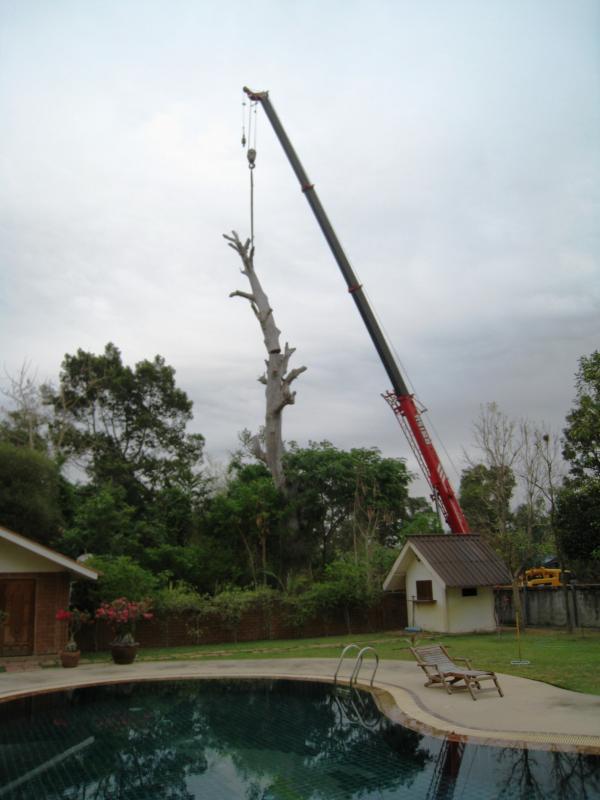
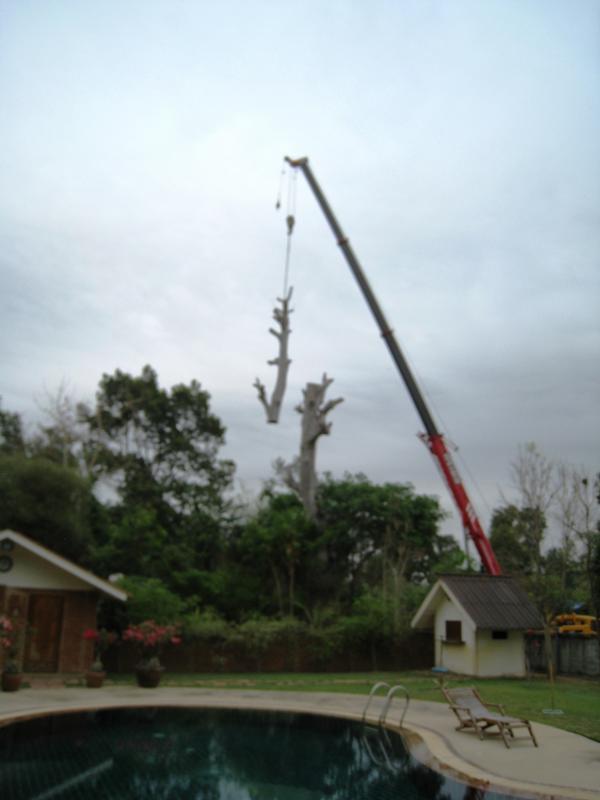
Rover lawn mover spare parts
in Farming in Thailand Forum
Posted
Then you should, much cheaper and quicker than getting from Oz